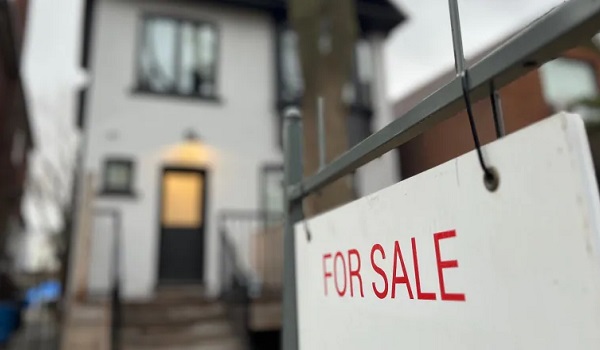Ontario businesses to get financial boost after Workplace Safety and Insurance Board posts $2.5-billion surplus
Businesses will get a financial boost — as well as a break on fees — after the Workplace Safety and Insurance Board posted a $2.5-billion surplus for its 2024 fiscal year.
“This includes delivering $2 billion in surplus funds back to Ontario businesses through the WSIB, which is a direct result of the agency’s new approach to strong financial management,” Ontario Premier Doug Ford announced Thursday during his speech at the Ontario Chamber of Commerce’s annual economic summit.
“For a small business, like a bakery with fewer than five employees, this could mean a refund of up to $2,300,” Ford said. “For a small construction company with 50 employees, the refund could climb to $46,000. And for a growing company with 100 employees, the refund could reach $70,000. That’s money these businesses can reinvest back into their workers and into our economy, creating more jobs and opportunity.”
The premier also announced that the average premium rate for businesses will drop to $1.25 from $1.30 per $100 of insurable payroll, saving them a total of $150 million a year, “lowering premium rates to the lowest level in half a century, all without reducing workers’ benefits.”
Since taking office in 2018, the government has reduced these rates by more than 50 per cent in total — saving businesses a total of $18.6 billion.

While businesses welcomed the move, New Democrat MPP Lise Vaugeois (Thunder Bay-Superior North), her party’s WSIB critic, said the announcement does nothing for workers and called it “disgusting.”
“Injured workers have been pushed into poverty over many, many years by this government” and previous ones, she said. “Are they putting any money into workers’ pockets? Zero.”
The latest news, she added, also does nothing to address “deeming,” which can drastically reduce a worker’s WSIB payments.
Deeming is when the WSIB determines an injured worker is able to do a job and then cuts their compensation based on those potential wages — even if they have not found employment.
“They just take it off — it’s entirely arbitrary,” Vaugeois said. “They deemed that that is a job you could have, so you are just being lazy by not getting it. It doesn’t matter if your back is broken.”
Among the other measures Ford announced included $400 million for workers’ mental health, as well as injury prevention, care and recovery, and a $1,000 bonus for employers who have WSIB-approved health and safety action plans in place.
The mental-health care is provided in partnership with hospitals including those in Greater Toronto, Hamilton, Barrie and Ottawa.
The one-time rebate is available to employers who have had a clean record since 2020, and the government estimates more than 280,000 could be eligible. The funds are to be sent out next February.
In 2022, the province provided similar rebates totalling $1.5 billion.
“I’m proud that our strong financial position is allowing us to help businesses and contribute to the economic prosperity of Ontario while also investing $2.5 billion every year to help people recover and return to work by covering health-care costs and income replacement,” Jeff Lang, CEO of the WSIB, said in a written statement.
The WSIB provides support and services to injured workers, as well as replacement income as they recover.
The Canadian Federation of Independent Business said “the Ontario government is doing the right thing, putting more surplus funds back in the hands of businesses where they belong,” said Julie Kwiecinski, the CFIB’s director of provincial affairs in Ontario.
The Ford government is also doing away with the $150 fee for apprentices taking their first qualification exam.
This article was first reported by The Star












